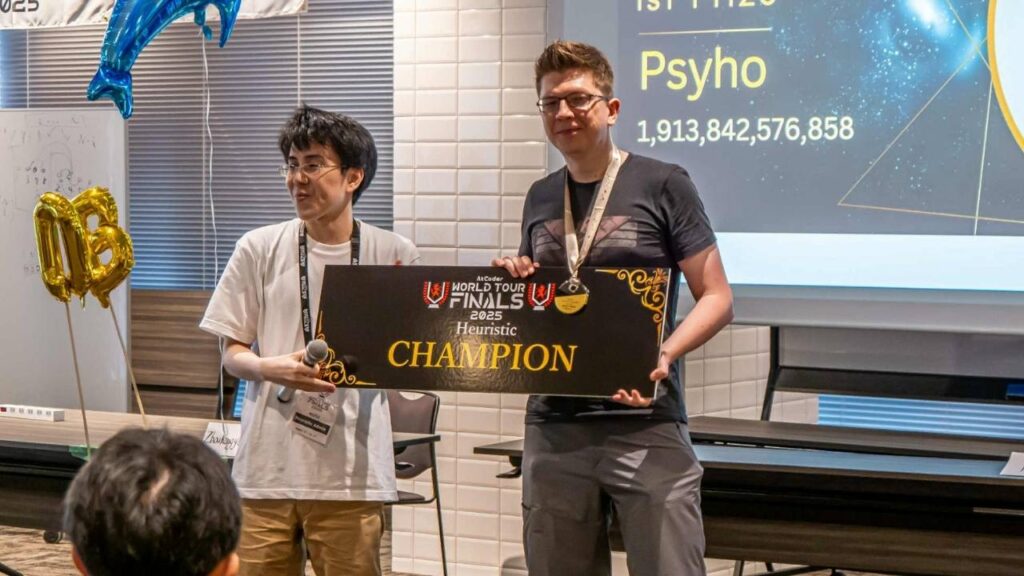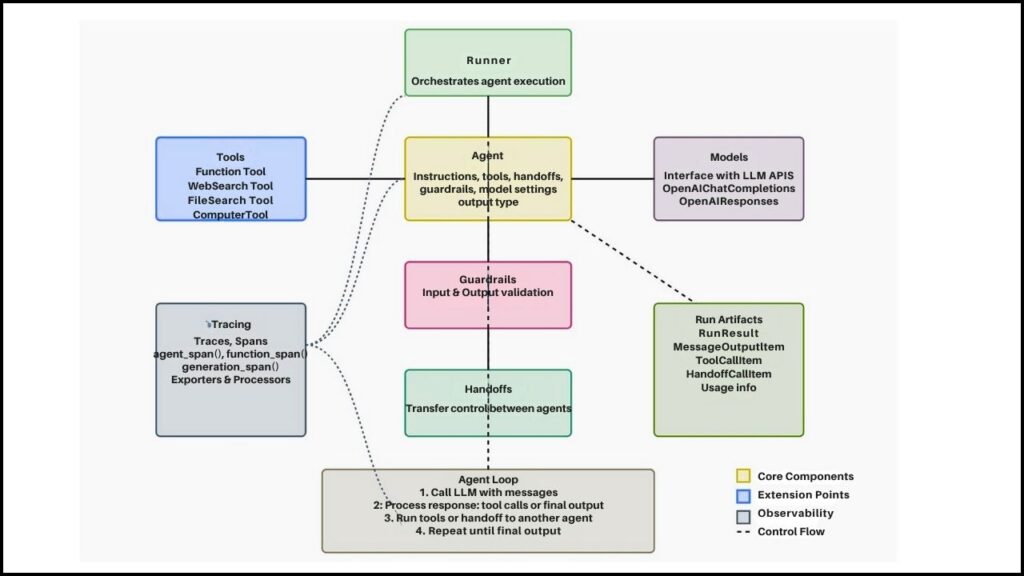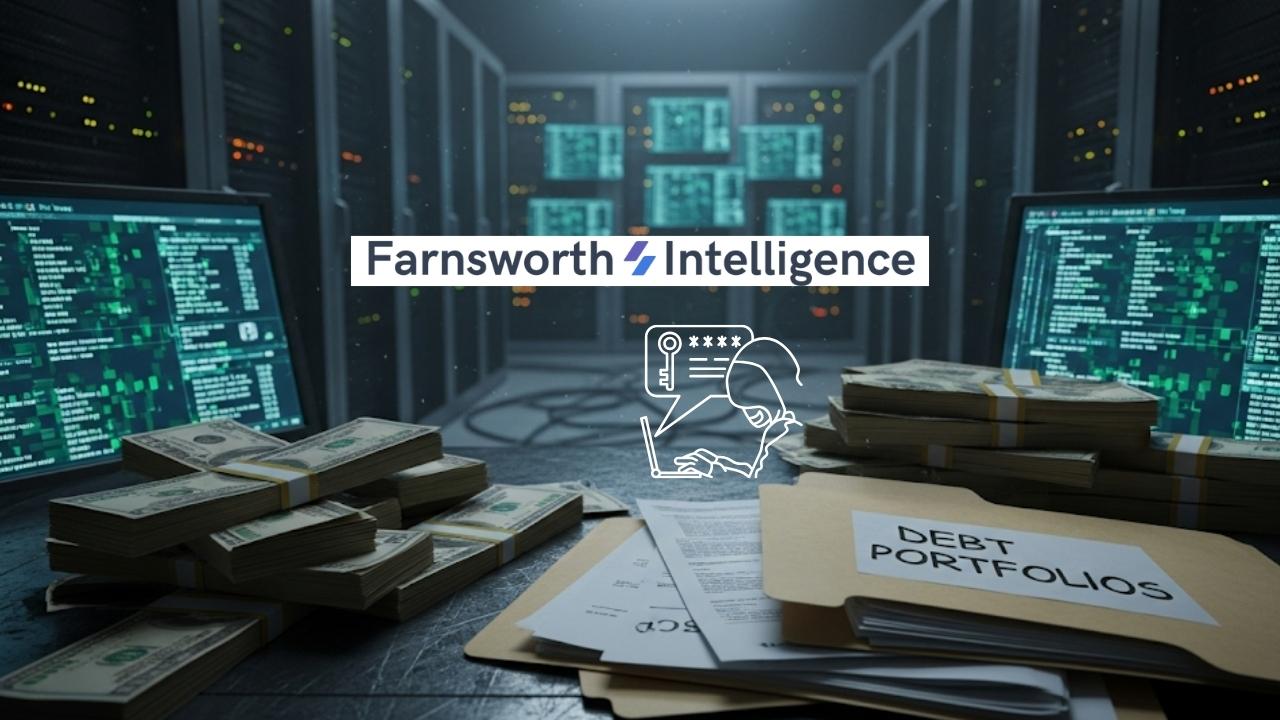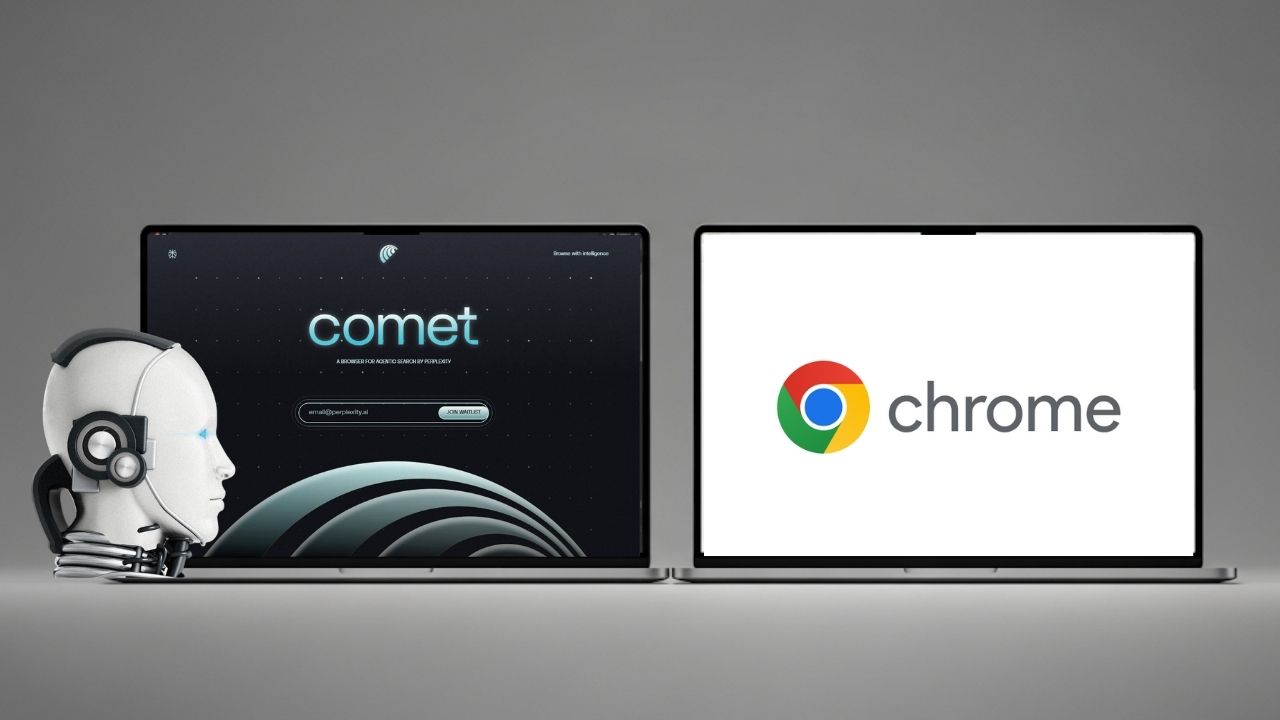In a dramatic showdown that captured global attention, Polish programmer Przemysław “Psyho” Dębiak outlasted both the world’s top coders and a cutting-edge AI model to win the AtCoder World Tour Finals 2025 Heuristic Contest in Tokyo. This wasn’t just another coding competition—it was a marathon of mind and machine, testing the limits of both human creativity and artificial intelligence. Psyho’s victory, by a razor-thin margin, marks a defining moment in the ongoing story of human vs. machine rivalry.

The AtCoder World Tour Finals is one of the most prestigious events in competitive programming, inviting only the top 12 human coders worldwide—selected after a year of grueling online contests—to compete on equal footing with advanced AI systems. This year, for the first time, OpenAI’s custom-built AI, OpenAIAHC, joined the fray, adding a new dimension of intrigue and intensity to the contest.
Human Coder Triumphs Over AI
| Category | Details |
|---|---|
| Event | AtCoder World Tour Finals 2025 Heuristic Contest |
| Date | July 16, 2025 |
| Venue | Tokyo, Japan |
| Duration | 10 hours (600 minutes) |
| Finalists | 12 (selected by year-long ranking) |
| Winner | Przemysław “Psyho” Dębiak (Poland) |
| AI Competitor | OpenAI’s OpenAIAHC (2nd place) |
| Prize (1st Place) | ¥500,000 (about $3,200) |
| Official Results Page | AtCoder World Tour Finals 2025 Heuristic Results |
Psyho’s win at the AtCoder World Tour Finals 2025 Heuristic Contest is a milestone in the history of technology—a rare moment when human creativity and endurance triumphed over the relentless efficiency of AI. For now, the balance remains in humanity’s favor, but the gap is narrowing. The best coders of the future will be those who can harness both human ingenuity and machine power, working together to solve problems that neither could conquer alone.
Whether you’re a student just starting out or a professional looking to sharpen your edge, remember: the heart of coding is curiosity, persistence, and the courage to try something new. That’s a lesson not even the smartest AI can teach.
The Battle: Human Stamina vs. AI Efficiency
The contest was a true test of stamina, strategy, and creativity. For ten straight hours, participants tackled a single, fiendishly complex optimization problem—the kind where there’s no perfect answer, only better or worse solutions. The challenge required inventing clever shortcuts, or “heuristics,” to navigate a maze of possibilities and find the best possible outcome.
All competitors, human and AI alike, used identical hardware and could program in any language supported by AtCoder. No internet, no documentation, no shortcuts—just raw skill, focus, and endurance. Between submissions, a mandatory five-minute “thinking break” kept the pressure high and the playing field level.

Psyho described the experience as grueling. “I was so tired. I actually felt at some point that I should take a break,” he said in an interview. Yet, knowing the AI was hot on his heels, he found the motivation to persist. “I was very close to getting a score comparable to the model,” he explained. “That pushed me to dig deep, using all the remaining energy I had.”
In the end, Psyho edged out OpenAI’s AI by about 9.5%, a margin that, in a competition this intense, felt both decisive and precarious. The AI, for its part, outperformed ten of the twelve human finalists, securing second place overall—a remarkable achievement that highlights just how far machine intelligence has come.
Why This Victory Matters
This wasn’t just a personal win for Psyho; it was a symbolic victory for human ingenuity. The contest showed that, while AI can process information at superhuman speeds and optimize solutions with relentless precision, human coders still possess a unique blend of creativity, adaptability, and strategic insight. Psyho’s approach, according to the competition’s administrator, diverged sharply from the AI’s. Where the machine excelled in pure optimization, Psyho leveraged inventive, outside-the-box thinking—a human hallmark.
OpenAI CEO Sam Altman publicly congratulated Psyho, tweeting, “good job psyho.” OpenAI, too, took the high road, acknowledging its model’s second-place finish and praising the champion for his achievement. “Congrats to the champion for holding us off this time,” they wrote on social media.
The contest also shone a light on the physical and mental demands of competitive coding. Ten hours of unbroken focus, under intense pressure and with the world watching, is no small feat. Psyho’s ability to push through exhaustion, to trust his intuition, and to keep refining his approach, helped him clinch the win.
Practical Advice: Staying Ahead in a World of AI Coders
So, what can you learn from Psyho’s victory—whether you’re a curious kid, an aspiring programmer, or a seasoned professional?
- Master the Basics: Build a strong foundation in algorithms, data structures, and problem-solving. The best coders, human or machine, need these fundamentals.
- Practice Heuristics: Learn to invent creative shortcuts for tough problems. Study winning solutions from past contests and try to adapt those strategies to new challenges.
- Develop Stamina: Competitive programming is as much about endurance as skill. Train yourself to maintain focus over long periods—consider timed practice sessions or mock contests.
- Embrace AI as a Partner: AI coding assistants are powerful tools. Use them to speed up your workflow, suggest improvements, and review your code—but always check their work and think critically.
- Stay Curious: The world of coding is always changing. Keep learning, experimenting, and pushing your limits—just like Psyho did.
For young coders, this means playing with puzzles, joining online coding clubs, and competing in age-appropriate contests. For professionals, it’s about staying up-to-date with new tools, collaborating with colleagues (and AI), and never assuming a problem has only one solution.
Kimi K2: The Open-Source AI Sensation That’s Reshaping the Global AI Race
FAQs About Human Coder Triumphs Over AI
Q: What is a heuristic contest?
A: It’s a competition where programmers solve complex problems (often with no perfect answer) by inventing smart shortcuts—called heuristics—that deliver good, practical solutions quickly.
Q: Why is Psyho’s win so important?
A: It’s the first time a human has beaten a top-tier AI model in a major, official global coding championship, proving that human creativity and stamina still matter—for now.
Q: How close was the competition?
A: Extremely close. Psyho’s lead was about 9.5%—in this field, that’s a razor-thin margin. AI is catching up fast, so future contests could easily see the machine take the crown.
Q: Will AI replace human coders?
A: Not entirely, but AI is transforming the field. Human coders will need to focus on creativity, adaptability, and problem-solving skills that machines find hard to replicate.
Q: How can I start competing in events like this?
A: Practice on platforms like AtCoder, Codeforces, or LeetCode. Join online contests, study winning solutions, and never stop learning—from both humans and AI.






